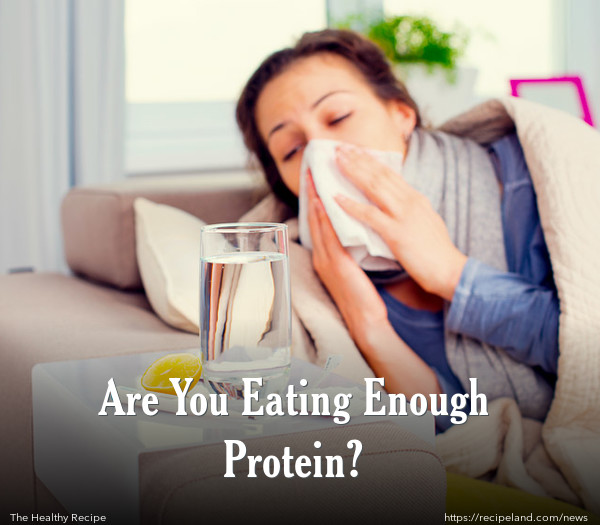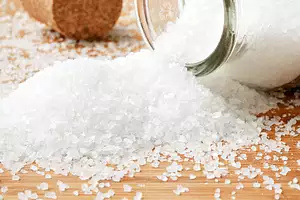Fortunately, our bodies are really efficient at letting us know when we are not getting the proper nutrients to stay healthy. You just have to be aware of the signs and symptoms.
Here are 7 symptoms that might indicate that you need more protein.
1. You are always hungry and weak.
Author Terry Hope Romero, who penned several bestselling cookbooks about health foods, noticed some unusual symptoms when following a strict vegan diet. She noticed that she felt fatigued and lacked the energy she needed to get through her day. Romero states, “When you work full time and have a long commute, and you regularly work out or have a lot of errands to run, it can be easy to fill up on processed carbs.
To feel full every day, especially when you’re working out to build muscle, it’s not really the best approach.” Because protein is digested more slowly, you feel full longer. This gives you more energy throughout the day. Adding protein, like natural protein powders, hemp protein, and brown rice to your everyday meals, you can boost your protein intake, even on a vegetarian or vegan diet.
2. You are losing muscle mass.
Even though you are going to the gym every day to build up your muscles, you need to pay careful attention to your nutrition if you want your plan to work. Your body needs the amino acids to keep your muscles strong and help them to build fibres.
Without adequate protein, your body will break down your muscles to get the amino acids it needs. Take a look at your clavicle for clues, you might notice that it is becoming more prominent, which can be a sign that you need more protein and calories.
3. You are having trouble losing weight.
According to research published recently in the journal Nutrition Metabolism, those people who were actively dieting and boosted their protein intake to 1/3 of their daily calories ultimately consumed about 450 calories less daily, and lost an average of 11 pounds over the course of a three-month period.
When you consume adequate protein while dieting, it helps to burn more fat while boosting muscle mass—which helps to burn more calories. Because high protein foods are digested more slowly, you will be less likely to feel hungry and add snacks to your day.
4. You’re experiencing hair loss.
One way that nutritionists can evaluate their clients’ health is by asking them to run their fingers through their hair and see how many hairs fall out. Because hair is made up mainly of protein, you need proper protein for your hair to grow and remain healthy. When you are protein-deprived, your hair will “rest” and not grow, resulting in you losing more hairs than normal.
5. You are frequently sick.
In order to avoid catching every cold and virus that comes along, you need to keep your immune system healthy. Sleeping right, eating well, and getting exercise helps. Your immune system needs to be fuelled with healthy proteins in order to function correctly.
A recent study published in Progress of Food and Nutrition Science concluded that being protein deficient can decrease the number of T-cells, which are important for fighting germs in your system. Get enough protein so that your immune system can fight off bacteria and viruses.
6. You have swelling in your lower legs and feet.
When you don’t get enough protein, your body will begin to retain salt and water in the blood vessels, which can seep into adjacent tissues if there is enough protein to keep the salt and water in the vessels so it can be flushed out.
If you notice that your lower legs and feet become bloated or stretched, this uncomfortable feeling known as oedema can leave you with shiny, stretched skin which will retain a fingerprint after being gently pressed for a moment.
7. You have patchy skin.
When you are protein deficient, you may end up with a flaky dermatitis or skin irritation, especially on the back of your thighs or on your buttocks. Protein helps the skin make a protective barrier, and when this breaks down your risk of being vulnerable to allergens and irritants that can cause problems.
Make sure you are getting enough protein to protect your body and your systems!










Comments